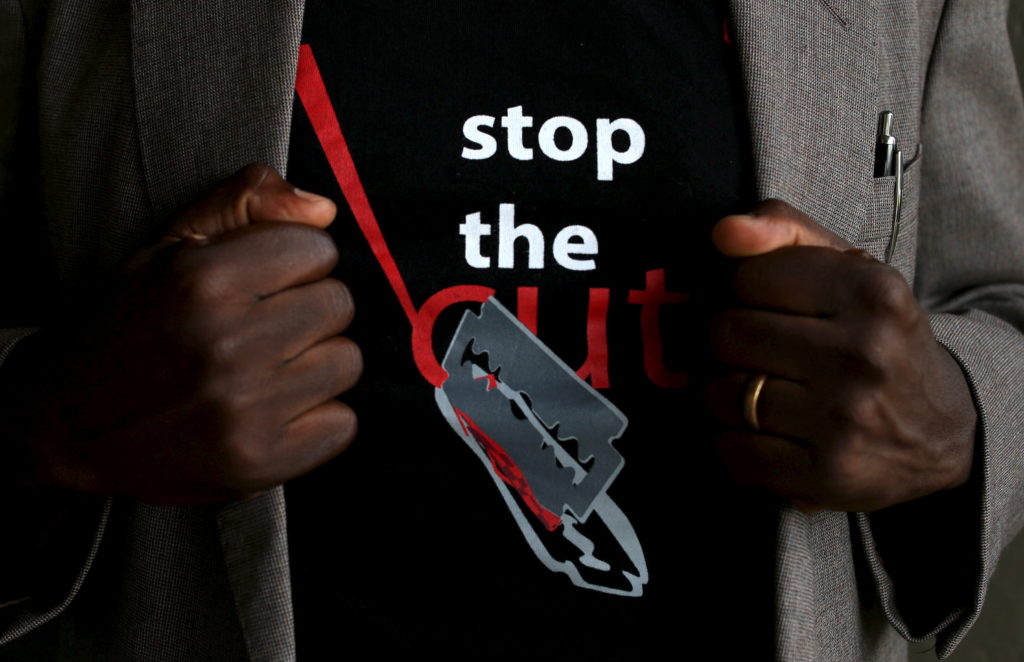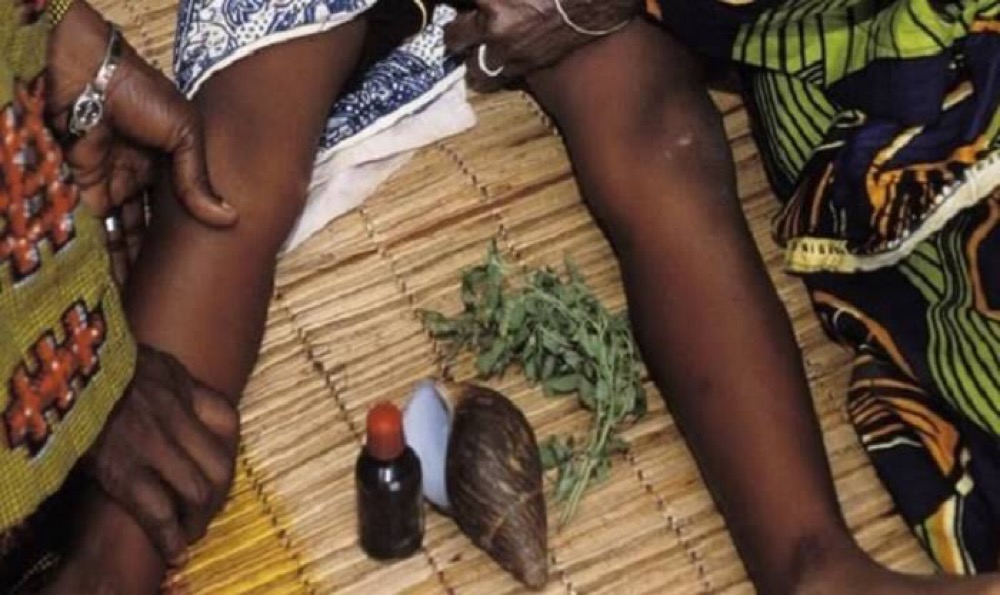By Terpsi Vassilopoulou,
Female genitalia mutilation (FGM) is one of the cruelest human rights violations occupying human rights advocates and organisations all around the world for a very long time now and truly needing urgent confrontation. In a variety of different regions all around the world million of women have undergone FGM at least once in their life time being left with pain, distress and a lot of threats considering both their mental and physical health, while even more are still found in high risk.
When referring to FGM we are talking about the process of partial or total removal or injury of the female external genitalia for non medical reasons. It is mostly achieved with the use of a blade and without any anesthetiser or kind of medical precautions or aftercare. It’s from usually varies from country to country as well as between different ethnic groups and tribes within the same country. What also varies is the time at which women are forced into this brutal action, starting for most countries before the age of five while in others we can see it happening even during a girls teenage years. Higher rates of FGM are found in Eastern African countries (Somalia, Ethiopia, Djibouti etc.) where they exceed 80 and 90%, while also in the Middle East and certain countries in Asia and Latin America, rooted in a combination of cultural and social causes, such as social pressure, religious beliefs concerning purity and gender, or extreme views of beauty, resulting to posing at risk an estimated 68 million of girls worldwide till 2030. Rates of FGM have also been rising in Europe where even though it is criminalised and EU member states prosecute such practises, it seems that around 600.000 women have already undergone FGM and another 180.000 are at high risk.

Female genital mutilation has very negative consequences for both the physical and mental health of women and affects their sex life. It can, among other things, cause infections and chronic pain as well as infertility or complications during childbirth, with many times during amputation, bleeding occurring which can lead to death. In 2012 the UN General Assembly recognised female genital mutilation as a human rights violation and unanimously voted in favour of intensifying measures to end it. Four years later the African Union parliament approved a ban on female genital mutilation, while deciding on an action plan aiming to eliminate the practice. Following the previous measures Sudan also criminalised FGM in 2020. The European Parliament on its side has repeatedly shown interest in combating FGM in various different ways. Actions for its eliminations have been included in the new eu strategy on gender equality submitted and running since march 2020, more and more states are being persuaded to join the Istanbul Convention on preventing violence against women including FGM, while also asking for the increase of measures preventing it in all political sections with a main focus on the departments of health, education, occupation and asylum.
Overall Female genital mutilation is one of the most flamboyant acts reflecting gender inequality and discrimination as well as the cruel acts imposed on women because of the former especially in the developing world. Even though progress is being made, it is essential for the 21st century world order, through human rights and gender equality organisations, to set the steppingstones to its elimination.
References
- Female Genital Mutilation. who.int. Available here




